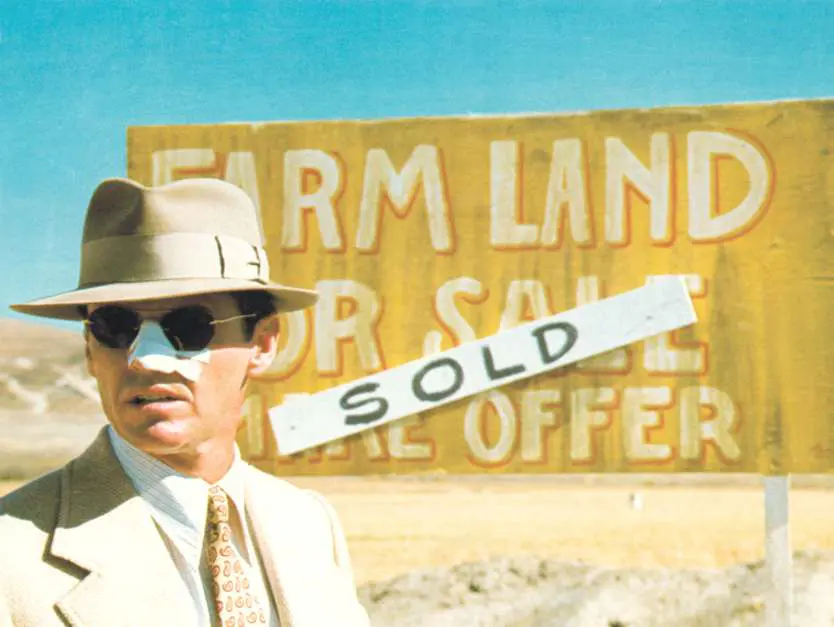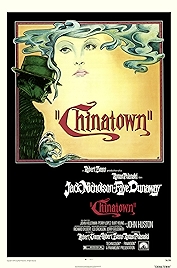A movie for every day of the year – a good one
24 June
The Aqua Traiana inaugurated, 109
On this day in 109, the aqueduct the Aqua Traiana was put into service. Built on the orders of the emperor Trajan, it supplied Rome with fresh water. Rome’s appetite for water was huge and among the things the Aqua Traiana did was: help deliver drinking water for Rome’s one millions citizens; water for countless public baths including the massive Baths of Trajan overlooking the Colosseum; spectacular fountains; and other leisure uses including the Naumachia of Trajan, a huge basin used for staging naval displays; not forgetting the importance of water as the motive force in Rome’s many flour mills. Running 40 miles from the Lake Bracciano area to the north west, running overground on spectacular aqueducts and underground in brick tunnels lined with waterproof cement, it was a prime target for those wishing to attack Rome. The Ostrogoths cut the supply in 537 when they laid siege to the city. However, it remained in service for centuries. It was the last great aqueduct built in Rome and its remains can be seen to this day in the city. Indeed there are special “Aqua Traiana” tours.
Chinatown (1974, dir: Roman Polanski)
Chinatown is an old-school film noir about a good guy in a bad world trying to get to the bottom of some murky business. It matters not what the murky business is, pretty much, in the same way that it wasn’t very important what animated Raymond Chandler’s detectives, as long as they were out in the world, righting wrongs and cracking wise. But in this case it’s water – in Los Angeles, a town built in a desert, the person who controls the water supply is going to make a lot of money.
Jack Nicholson plays JJ Gittes, the besuited private eye hitting resistance at every turn as he tries to find out why someone has turned up dead with his lungs full of water in an otherwise bone-dry area. The resistance comes mostly in the shape of John Huston’s Noah Cross, an old school patriarch given to thundering, quick with the blandishments, a powerful man with a biblical name for a reason.
As many people have pointed out, one of Roman Polanski’s triumphs with Chinatown is to have made a film that (now, at least) looks to be of a piece with the famous noirs of the 1940s – The Maltese Falcon, often credited as being the first noir, was Huston’s directorial debut in 1941 and Polanski surely took a few stylistic notes off the great director whose casting is something of a coup. And yet it’s also clearly a movie from the early 1970s – Nicholson in a suit, wearing the hat, driving the big jalopy you’d expect from a man doing virtue’s work back in the day. The drama is propelled by Faye Dunaway’s Evelyn Mulwray, a damsel in distress, with Nicholson’s Gittes the white knight (when we meet him he is wearing a white suit, in fact) hoping to protect her reputation, but finding that in trying to fix something in the here and now, he’s unearthing something far grubbier back in the past.
Small details take on huge significance in this film – the way that a gangster (played by Polanski himself) sticks a knife up Gittes’s nose and slits his nostril, the fact that Noah Cross can never quite remember Gittes’s name, Evelyn Mulwray’s strangely fluttering behaviour, always nervous; what she’s nervous about we only discover right at the end of the film.
In any assessment of Nicholson’s career, this period, from Easy Rider in 1969 to The Shining in 1980 will always be seen as key: when he did his best work; before the mannerisms set solid. Chinatown was made about halfway in, a year after The Last Detail, a year before The Passenger (when he played a mysterious journalist on the run from something). Chinatown is Jack as a human first, an inquisitive operator second, a principled guy third, the last one jostling with the first two for position. Nicholson’s line readings are courtly, and it’s a logical yet different way of expressing the same character that Humphrey Bogart played – “down these mean streets a man must go who is not himself mean, who is neither tarnished nor afraid. He is the hero”, as Raymond Chandler once put it. Chinatown is 1974’s definition of chivalry.
As with the man, so with the place: Polanski chooses his Los Angeles locations as carefully as costume designer Anthea Sylbert dresses her actors, with an eye for the ancient – in LA ancient means a few decades – with Nicholson driving through the last remaining art deco relics in a city that is always presented as dry, harshly lit, the sun baking its wide streets.
It is in short a beautiful, desperate and almost languid mood piece, Polanski and screenwriter Robert Towne dropping in just enough exposition and colour to keep the thing moving along. Its ending, when everything unravels at breakneck speed, comes as something of a shock, yet it makes total sense – all the masks are suddenly removed and everyone is revealed for what and who they are.
Why Watch?
- Noir, or neo noir, at its best
- One of Jack Nicholson’s defining performances
- The Oscar for Robert Towne’s screenplay (of 11 nominations)
- Anthea Sylbert’s great costume design
Chinatown – Watch it now at Amazon
I am an Amazon affiliate
© Steve Morrissey 2014

